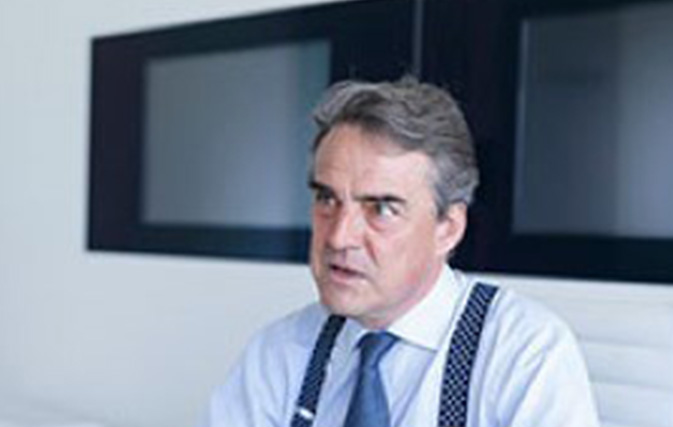GENEVA — At IATA’s first COVID-19 briefing this year, Director General Alexandre de Juniac expressed his frustrations with the slow pace of the airline industry’s recovery and called for a more balanced approach based on testing.
De Juniac, who will be stepping down from his role as Director General and CEO in March, began his address by extending his sympathies to the families and loved ones of those who lost their lives in the tragic Sriwijaya Air crash last weekend.
“Safety is aviation’s number one priority and our greatest success. Because of that, accidents are rare. When they do happen it is a reminder that we must never take safety for granted,” he said. “Our reputation for safety is something that we earn each day and with each flight. And on the very rare occasions when things do go wrong, we investigate and we improve.”
De Juniac added that this serious approach to safety also applies to how airlines are tackling the COVID-19 pandemic, which is why he finds the slow pace of progress in the crisis incredibly frustrating.
“We are working tirelessly with governments to keep flying safe and reduce the risk of COVID-19 importation via travel with the implementation of the ICAO CART recommendations proposals to replace quarantine with COVID-19 testing. But the industry’s situation is still perilous – in fact, it got worse over the year-end holiday period,” said de Juniac.
Here is the rest of de Juniac’s address, in full:
“While we still see airlines turning cash positive within the year, the near-term picture is bleak. Instead of a boost from the year-end holiday period, we got even more restrictions. Governments tightened borders in a knee-jerk response to a virus mutation. Canada, UK, Germany, Japan and others added testing to their COVID-19 measures without removing quarantine requirements. In other words, they have chosen policy measures that will shut down travel.
“This approach tells us that these governments are not interested in managing a balanced approach to the risks of COVID-19. They appear to be aiming for a zero-COVID world. This is an impossible task that comes with severe consequences—the full extent of which it would be impossible to calculate. But, with this approach, we know for sure that:
- The travel and tourism economy will not recover.
- Jobs will continue to disappear.
- And the lockdown’s toll on people’s mental health will continue to grow—particularly on those who are separated from loved ones.
“A more balanced public policy approach is needed—one that is based on testing as a replacement for quarantines so that we can begin addressing the severe side-effects of COVID-19 policies.
“Science tells us that travelers will not be a significant factor in community transmission if testing is used effectively. But most governments have tunnel-vision on quarantine and are not at all focused on finding ways to safely re-open borders—or alleviate the self-imposed economic and mental health hardships of the lockdowns.
“There was some good news over the holidays. We continued to prepare for the day that governments are ready to open borders—with testing or with vaccinations. The first pilot of the IATA Travel Pass app was launched in partnership with Singapore Airlines on routes to Kuala Lumpur and to Jakarta. We are still on track for a full rollout of the app during the first quarter of this year.
“I will conclude by repeating a quote from the UN Secretary General, Antonio Guterres. He emphasized the urgent need to re-start flying by saying that:
“Aviation is an important engine of our world and will play a critical role in lifting the world to recovery from COVID-19. Let us ensure it receives the support it needs to keep the world’s nations connected and united.
“The support starts with consistent, well-reasoned, scientifically supported policies to manage the risks of COVID-19 and travel. That is the antithesis of what we witnessed over the holiday period. Our top priority for 2021 is to change that!”

